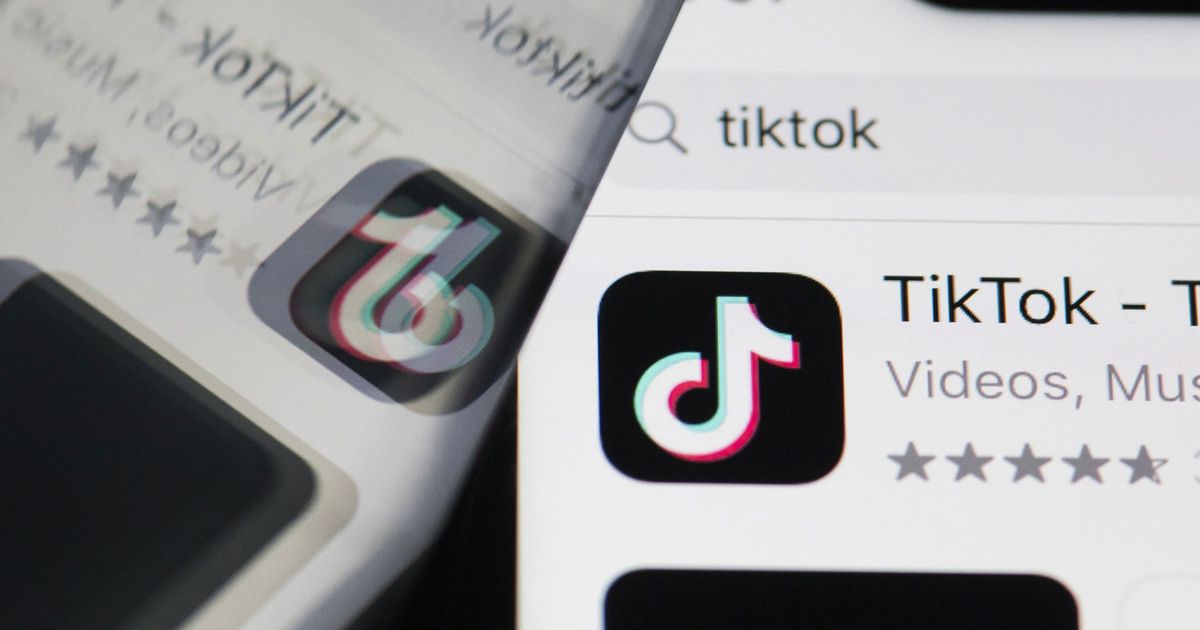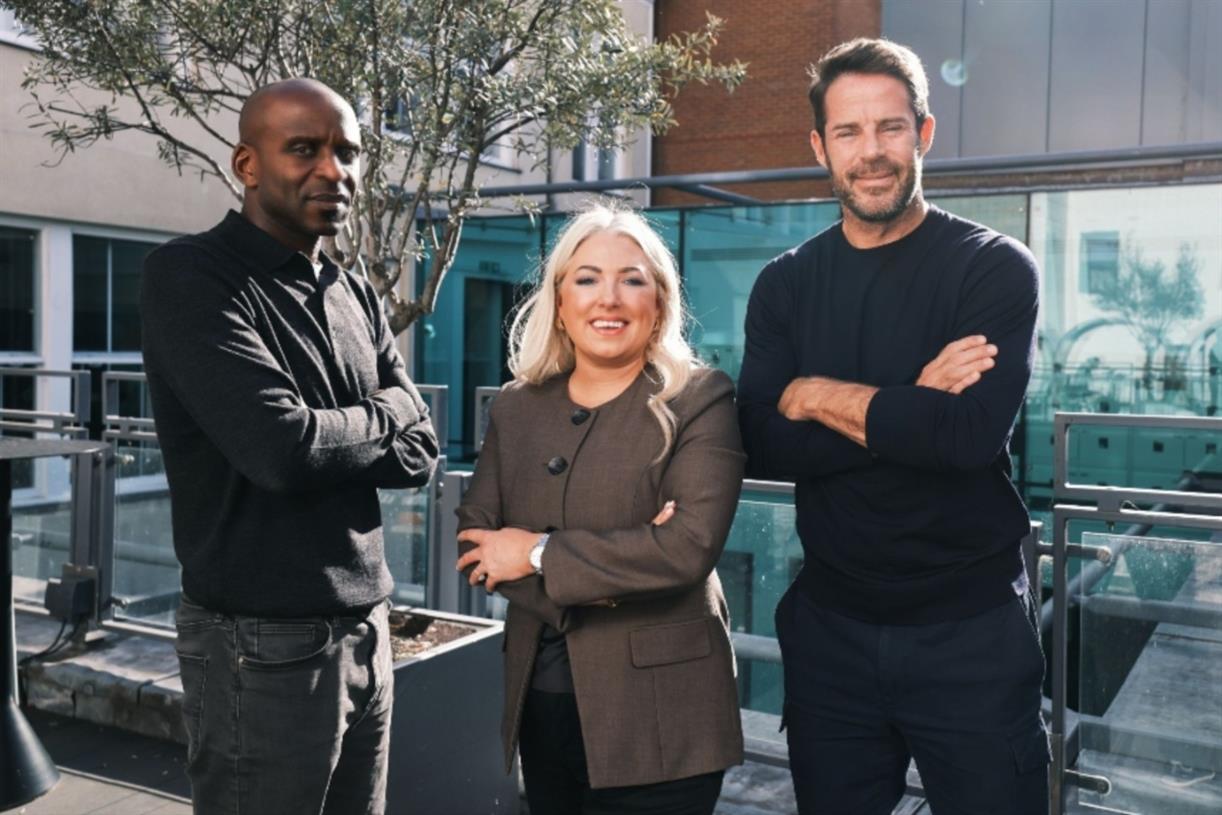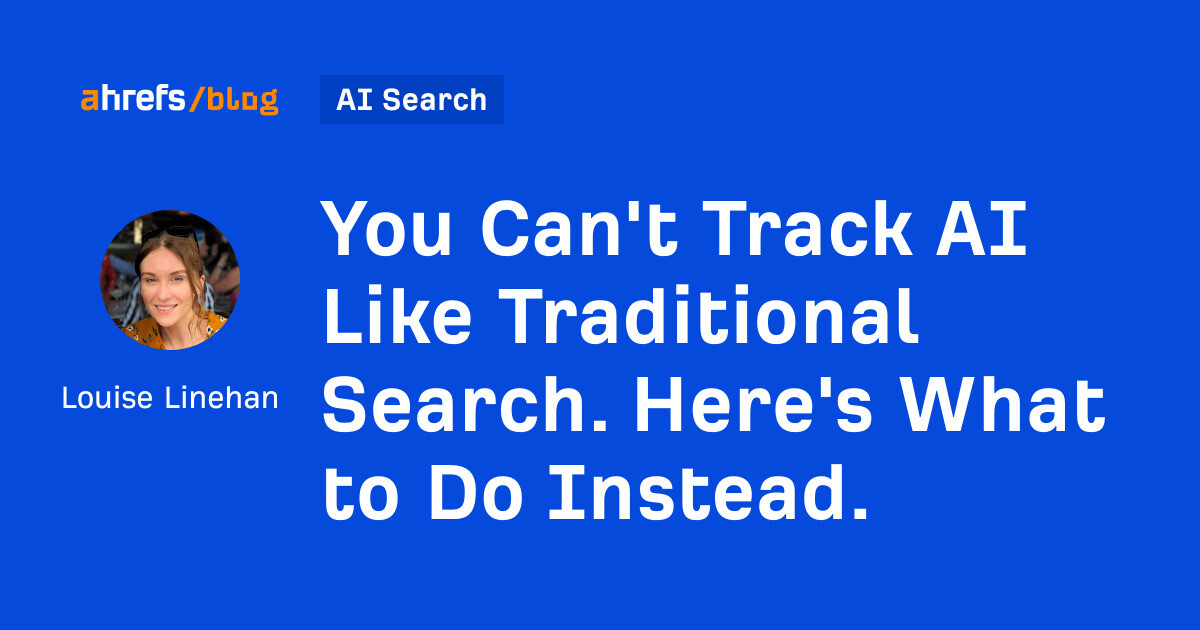This d-to-c wine brand is making fun of snobs to promote its subscription service
As the alcohol industry embraces e-commerce, Firstleaf seeks notice with a lighthearted approach.

Wine subscription company Firstleaf is poking fun at wine snobs in a move to gain traction in the growing wine shipment category amid a rising trend towards e-commerce within the alcohol industry.
A new campaign called “Wine Made Simple” from Stagwell’s Gale makes fun of complex wine terms such as “carbonic maceration”—a purple-clad narrator grimaces at the words literally hanging in the air at a restaurant—and alludes to the resulting consumer confusion, showing one person choosing a wine because its label matches their shirt.
The ads will run on TV and social media through the end of 2022.
“Everyone knows the feeling of being overwhelmed by wine lists, endless choices in the store, or even worse, some of the snobbery and ‘wine code’ that makes drinking wine less fun than it should be,” said Geoff Edwards, Gale’s executive creative director.
The brand’s subscription model points toward an evolution in the alcohol industry towards brands seeking to grow via getting direct-to-consumer sales.
Enter Ad Age's 40 Under 40 at AdAge.com/40u40.
People can sign up for a subscription through Firstleaf’s website and choose between six or 12 bottles per shipment. Consumers can update their boxes, swapping out bottles as their tastes evolve, and choose whether they want a box every month, or every second or third month. Each wine shipment costs $90, excluding shipment costs. The brand currently ships to 47 states and Washington, D.C.
The goal is to “make Firstleaf synonymous with the simplest way to get wine you love,” said Winston Binch, Gale’s chief brand and experience officer. He said that the brand wants to “do things differently from the stuffiness of the category.”
To create their box, customers take a quiz online to create a “tasting profile.” A few days after taking the survey, they will receive a box of wine tailored to their tastes. Consumers can then rate the wine to narrow down their tastes for future deliveries. The brand also advertises a “Wine Concierge Team” of grape specialists to answer customer questions about wine. Consumers can also ask the team for a different bottle, in exchange for one credit, if they don’t like one of the wines they have received.
Direct-to-consumer wine delivery has been complicated by post-Prohibition era laws that dictated how alcohol was sold and distributed. This involves a three-tier system that causes the majority of sales to go from the supplier to a wholesaler, and then to a retailer who sells it to the consumer.
Total e-commerce sales of alcoholic beverages in 16 countries, including the U.S., U.K., Mexico, Australia and China, are projected to grow by 66% from 2020 to 2025, according to an IWSR drinks market analysis. The report shows that wine is the largest alcoholic drinks category in e-commerce, apart from in China, Colombia, Mexico and Nigeria, where spirits has the lead. The U.S. is leading the way with alcohol e-commerce, seeing an average of 20% growth.
Firstleaf is under the holding company Penrose Hill Winery, founded by Firstleaf CEO Philip James in 2015.
James filed a defamation suit in 2020 seeking $1 million from wine industry executive Paul Mabray, after Mabray wrote a blog post criticizing the wine subscription box companies that "look to participate in the [wine] market by sourcing bulk juice and creating false brands to fool unsophisticated consumers." The piece included subsequent criticism of James, although it did not explicitly link his business to the criticism of subscriptions. James lost the suit after a judge ruled that the window to sue Mabray for his posts had passed, in light of the fact that James filed the lawsuit after California’s statute of limitations of one year.

 Troov
Troov 
































